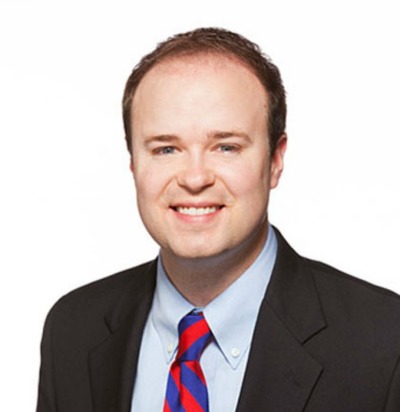Decency, Pluralism, and the Christian Response to Charlie Hebdo

Last night, The Weekly Standard tweeted "Print Free or Die" with a picture of the prophet Muhammed, whose physical iconography is the purported reason that the terrorist attacks were carried out in the first place.
Always willing to play the part of social media provocateur, I readied myself to re-tweet that image myself, ready to join in the chorus of those wishing to thumb their nose in an act of First Amendment defiance toward the offended party. As a liberty-loving conservative, I believe one hundred percent in the free exchange of offense. The condition of freedom enlists the possibility, and perhaps requires, that all shall be ready to be offended. The promise of freedom is that we can return such offense in kind. We live in a society where we are penalty-free from stating our convictions without recourse from the government (at least in theory; see Barronelle Stutzman). It does not mean, though, that our actions are entirely consequence free, as the tragedy of France proves. The promise of free speech means that the free exchange of ideas, and the attendant competition of ideas, allows the best ideas to surface to the top. That's why Christians defend religious liberty. Yes, we want the freedom to preach and evangelize. But we also believe that which is true shouldn't be stifled, and that the Christian gospel should be matched up against the prevailing philosophical and ideological champions of the day.
I decided against retweeting the image of Muhammed. Luke 6:31 came to mind: "And as you wish that others would do to you, do so to them." As a Christian, I'm not so much offended as I am tired and exasperated at the disrespect and contempt for religion Writ Large when the representative iconoclasm of such things as the "Piss Christ" rear their ugly head. I'm not a Mormon, but I don't like seeing Mormonism mocked. Neither am I Catholic, but I don't like anti-Catholic bigotry. I'm not Jewish, but I don't like seeing Jews caricatured. I'm a Christian, but I believe in the valuable contribution that all religions bring to a free civil society. As I would not want Christ mocked, so I decided to not mock Islam's prophet. This is not a moment of Holier-Than-Thou Christian Do-Goodism. It's to suggest that the commodity of all religions is undervalued in Western society; and that refraining from offending religious sects isn't to bow the knee to political correctness or to become Sharia-compliant.
As Christians continue to advocate for a genuine pluralism, one that accepts and respects differences, understanding religion's sacred totems means that we demonstrate a modicum of respect. None of this is to suggest that respect for religion entails the negation of the freedom to offend it. By no means. Offend away. The question is one of prudence; and whether exercising one's freedom is the clearest, quickest route to solving the complex dilemma of getting different people of different cultures to live together with one another—peacefully.
Christian decency is the option before us. Yes, we should defend the right of free speech as a necessary condition for religious liberty. Let me be very clear: Charlie Hebdo has every right to reprint an image of Muhammed. Democracy, self-rule, and liberty come loaded with risk. And Westerners and Christians should defend that right and embrace such risk. But the liberty to do so doesn't speak to the wisdom of doing so.
So, defend Charlie Hebdo. Defend free speech. Condemn the murderous idiocy of those whose illiberalism can't stand ridicule. But maybe encourage those given to sacrilege to consider the wisdom of their actions?





















